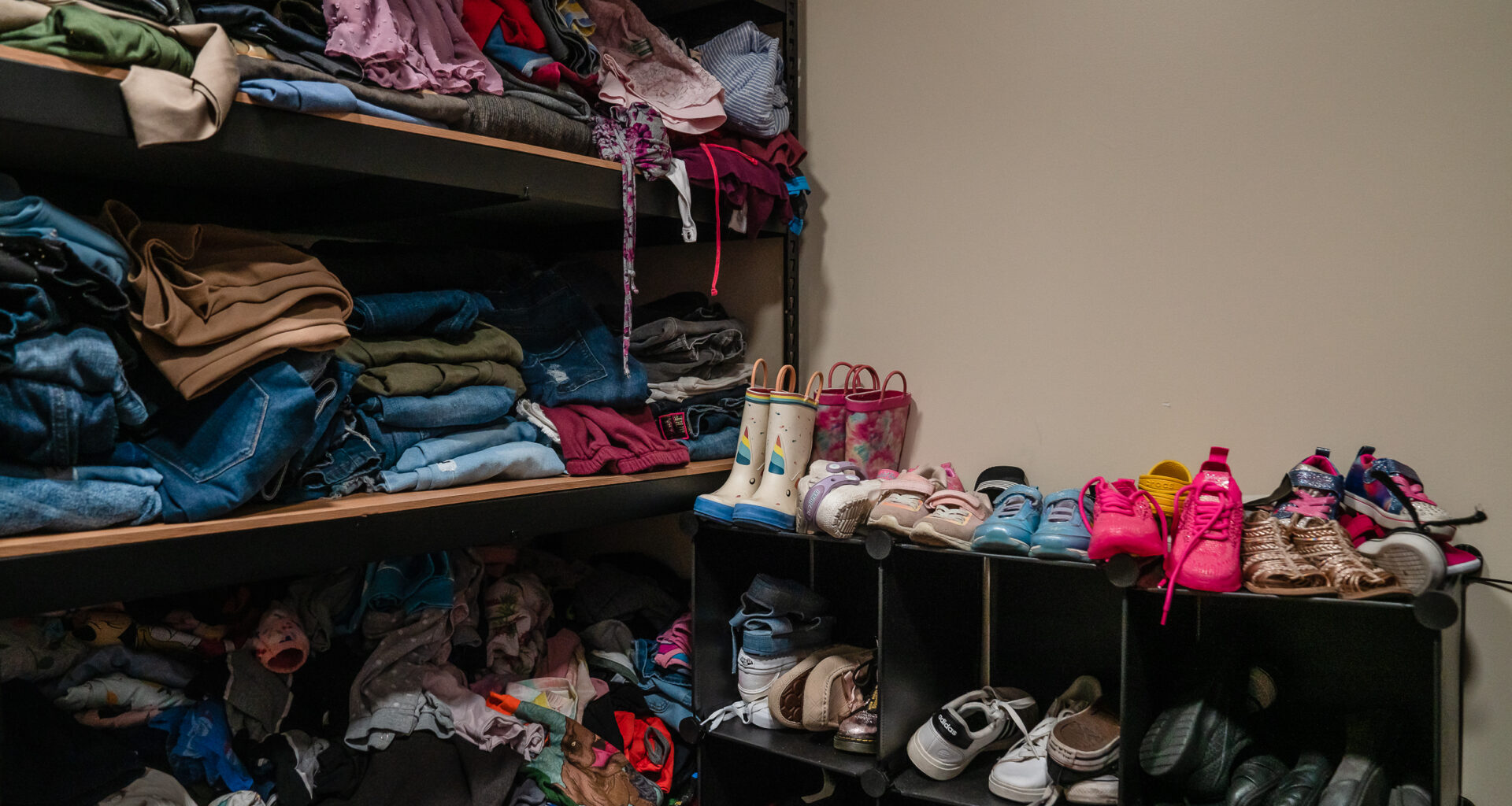Greg Anglea is the CEO of Interfaith Community Services. Dane White is the mayor of the city of Escondido.
When it comes to addressing homelessness, it’s a common perception that respecting human dignity and upholding public safety are competing, and at times contradictory, interests.
That ideological divide is perhaps why Interfaith Community Services and the city of Escondido hit a rough patch in our relationship last year. Growing tensions, differing perspectives on solutions, and a lack of collaboration only increased this divide on a public stage.
This dynamic shifted when we decided to engage directly and constructively on homelessness, some have even referred to it as us “squashing the beef.” What followed wasn’t instant agreement, but something more meaningful: a commitment to mutual respect, clearer communication, and a focus on shared goals.
Both of our teams bring unique strengths, viewpoints and responsibilities to solve this complex challenge as trusted partners. And while we may not fully agree on everything, we are aligned on working together to improve public health, enhance safety and restore stability for those in crisis in Escondido.
Interfaith has called Escondido home for 45 years, supporting veterans, families, seniors, individuals in recovery and those navigating housing and food insecurity. The city has made addressing homelessness, and the underlying issues like substance abuse and mental health, a top priority. Together, we are partnering in new ways to deliver both dignified care and effective response.
One such example came last year when the city of Escondido passed a new ordinance that regulated homeless encampments. Interfaith generally does not support these types of policies but recognizes they will inevitably occur and when they do happen, displaced individuals should receive critical resources and compassionate care.
A few months later, the city led an outreach and encampment abatement effort on the well-known area for encampments called “the jungle.” Rather than focusing on our differences about how to address encampments, we aligned in the belief that nobody should have to live on the street. The city led the cleanup and Interfaith gathered funding for and led coordination of critical onsite services and support.
This approach, which equally balanced our priorities of dignity and safety, led to new connections with 37 individuals experiencing homelessness and directly linked 22 of them to critical services and programs.
Around this time, the city of Escondido was also reviewing and updating the Conditional Use Permit for Interfaith’s headquarters in Escondido, after a series of concerns and questions were raised. If not for a commitment to establish our relationship and increase mutual understanding, it was a situation that could have further pushed the divide between us.
With open communication and trust building day-by-day, our teams worked collaboratively to establish clear protocols, set neighborhood accountability measures, and preserve critical services at the site. In response to city and community input, Interfaith also launched a dedicated cleanup crew program, improving the appearance of downtown while reinforcing the commitment to being responsive, present, and solutions-focused.
The Escondido City Council ultimately approved the updated permit, allowing for the continued provision of life-saving resources and services at Interfaith’s headquarters in downtown Escondido with a safe, community-enhancing approach.
Just a few weeks later, building on our strengthened partnership, City Council approved Interfaith’s proposal to increase detox beds at the headquarters facility. For people struggling with addiction, Interfaith’s detox provides a safe, medically-supported place for individuals to begin their recovery journeys off of the streets. In just the first three months, 72 individuals successfully completed the program — a critical step in helping people overcome addiction and work toward long-term stability. It’s a space for healing and recovery that also advances the city’s priority to address substance abuse issues.
Partnerships like this don’t just reduce visible homelessness, they strengthen the systems that help people heal. The 2025 Point-in-Time Count showed a 23 percent drop in unsheltered homelessness in Escondido, from 401 individuals to 307. That means 94 fewer people living on the streets. While no single group can claim full credit, this progress is a reflection of what’s possible when we focus on what we can work together on versus what we disagree on.
Escondido’s challenges are not unique, but the way the city and Interfaith are partnering and responding is. This is not a temporary truce but the start of a stronger, more effective partnership grounded in the belief that respecting human dignity and increasing public safety are not competing priorities but complementary strategies.
We are proud of the positive impacts we are already seeing — and we’re just getting started. In the year ahead, we are actively working together to add or enhance resources, offering more safe spaces and support for those experiencing homelessness.
The relationship between Interfaith and the city of Escondido today is not defined by what divided us but by what we’ve chosen to do together. And together, we are building a healthier, safer, more compassionate Escondido for all who call it home.
